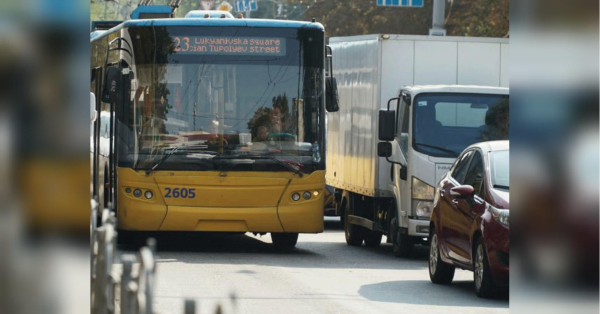
CAIRO — One of Libya's two rival administrations has accused the country's security agency of abducting a former finance minister, and a tribal leader said Friday that the abduction prompted the shutdown of four southern oilfields.
In a series of statements issued Thursday, Libya's House of Representatives said the country's Internal Security Agency had kidnapped the former finance minister, Faraj Bumatari, at an airport on the outskirts of the capital, Tripoli. It said Prime Minister Abdul Hamid Dbeibah – an ally of the security agency's chief – is now responsible for Bumatari's safety.
The alleged abduction took place on Tuesday, according to Libyan media, and the minister's whereabouts remain unknown. Dbeibah’s office has not responded to a request for comment from The Associated Press.
Torn apart by civil conflict since 2011, Libya is divided between two rival governments, each backed by international patrons and numerous armed militias on the ground. The House of Representatives is seated in the eastern city of Tobruk, while its rival chamber and Dbeibah are based in Tripoli.
In response to the abduction, Libya's southern al-Zawi tribe — from which Bumatari hails — led the shutdown of four inland oil fields on Thursday, one of the group's leaders, al-Senussi al-Zawi, told the AP.
Among the four sites to have purportedly stopped production is the southwestern Sharara field, one of the country’s largest, which produces hundreds of thousands of barrels a day, he said.
“Our main demand is the release of the minister,” the tribal leader said, who spoke on the phone from the eastern city of Benghazi on Friday.
The three other sites purported to have stopped production are the El-Feel field, the Ibn Tufal field, and the 108 field, he said.
Libya’s state-run National Oil Company has not commented.
In a statement published Thursday evening, the United Nations Support Mission in Libya said it was concerned about reports of Bumatari’s abduction and the closure of oil fields, calling for the shutdown to end.
Al-Zawi said he believes the governor of the Central Bank of Libya, Saddeq el-Keber, and Dbeibah were behind the kidnapping, as Bumatari was a candidate to replace el-Keber as head of the bank.
Libya's prized oil output has been subjected to repeated closures for different political reasons and local protesters’ demands during the chaotic decade since the 2011 NATO-backed uprising against former leader Muammar Gaddafi.
Last year, local tribal leaders briefly shut down the Sharara field amid a stand-off between the two rival governments.
The incident comes as the rival chambers continue to mull over a series of electoral laws for potential unifying elections amid growing pressure from the United Nations to end a decade of political deadlock.
In 2021, a U.N.-brokered process installed an interim government — with Dbeibah at its head — with the aim of holding country to elections later that year. The elections were never held following disagreements over several key issues, including the eligibility for presidential candidacy.
Sourse: abcnews.go.com






